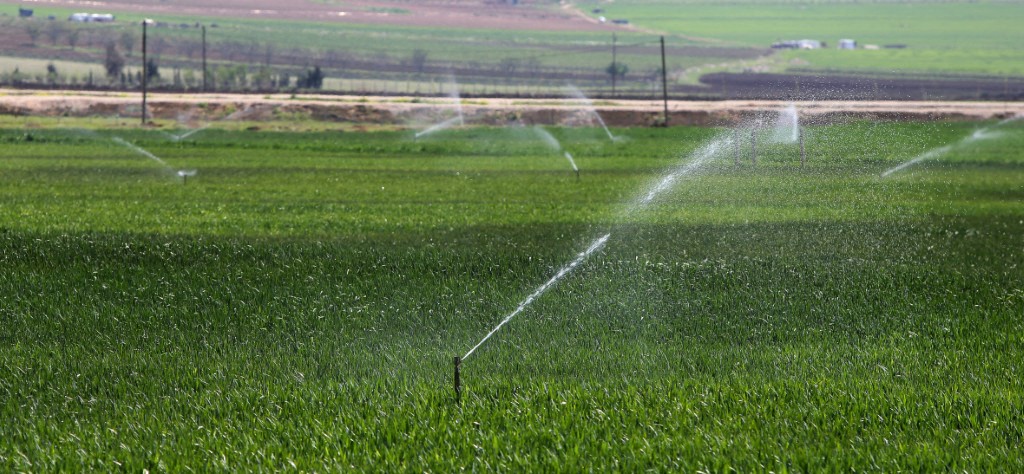The Baalbek-Hermel governorate in Eastern Lebanon is facing one of the most severe environmental crises in its recent history: drought. This region, a cornerstone of Lebanon’s food basket, is experiencing a drastic decline in water resources and agricultural productivity, threatening the livelihoods of thousands of families and putting the country’s national food security at risk.
Climate change and Agriculture under pressure
The drought is linked to accelerated climate changes, notably declining rainfall and rising temperatures, which have directly impacted rain-fed agriculture. Key crops such as wheat and barley are at risk of complete failure, while the quality and quantity of agricultural produce have diminished, causing heavy economic losses for farmers.
A Disastrous Water Crisis
The deterioration of water resources in Baalbek-Hermel is not a recent phenomenon. A 2025 report by the Litani River Authority described this year as “exceptionally dry,” with rainfall falling below normal levels, weakening the replenishment of groundwater layers and vital springs.
Most significant examples of this decline include:
- The Ras Al Ain spring in Baalbek, which once yielded over seven million cubic meters annually in the 1990s, has now completely dried up.
- The Ain Al Zarqa spring in Hermel saw its average flow drop from about 77 million cubic meters per year to roughly 56 million — a 27% decrease.
Artesian Wells: Temporary Fix or Looming Disaster?
With rivers and springs drying up, farmers have resorted to drilling artesian wells. In the Qa’a Projects area alone, there are estimated to be over 4,000 such wells. However, this temporary solution now threatens Lebanon’s strategic groundwater reserves, especially as some wells are drilled to depths of up to 500 meters amid skyrocketing drilling and operational costs.
Farmers’ Struggle
George Al-Fakhri, a farmer from Deir Al-Ahmar, told Safa News: “The situation has become catastrophic. We used to dig wells 50 meters deep and find water. Now, we drill to 400 meters without any guarantee. We pump water for long hours with unbearable electricity bills or buy diesel at exorbitant prices. If the wells dry up, we will lose everything.”
Devastating Social and Economic Effects
The drought has slashed farmers’ incomes and accelerated rural migration, directly affecting food prices in Lebanese markets. This worsening crisis impacts not only farmers but the entire Lebanese economy, especially given shrinking job opportunities in agriculture and the absence of effective government solutions.
Urgently Needed solutions
Professor Hassan Makhlouf, head of the Lebanese Environmental Movement, described the situation as “tragic by every measure” in an interview with Safa News. He noted that rainfall decline began more than two decades ago and proposed urgent measures:
- Mandating farmers to build water storage tanks.
- Implementing nighttime or pre-dawn irrigation to reduce evaporation.
- Switching to drought-resistant crops such as pistachios and grapes.
- Prohibiting random drilling of wells.
- Establishing a national water resources observatory for accurate environmental monitoring.
- Encouraging modern irrigation technologies and providing financial and technical support to farmers.
A National Crisis Requiring Collective Action
The drought in Baalbek-Hermel is no longer just an environmental or agricultural issue — it has evolved into a national challenge demanding immediate action from the government, civil society, and international organizations. Ensuring the sustainability of Lebanon’s agricultural sector and safeguarding its food and water security begins here, on this land that suffers silently yet cries out urgently for solutions.
Please post your comments on:
[email protected]
 Politics
Politics













